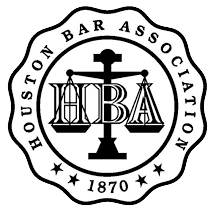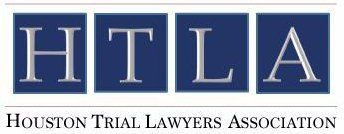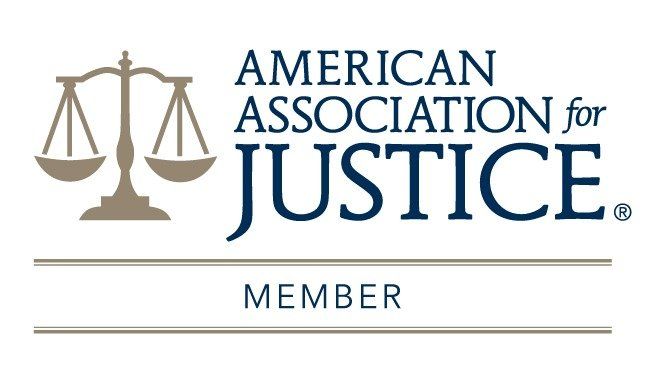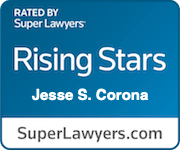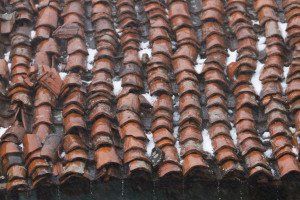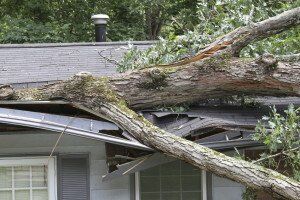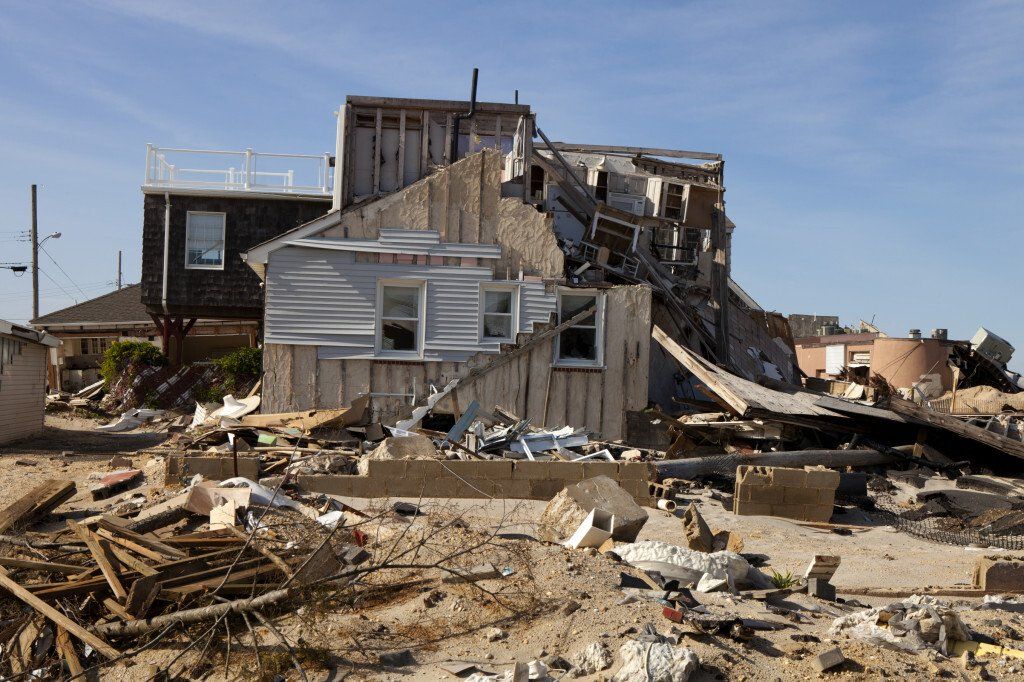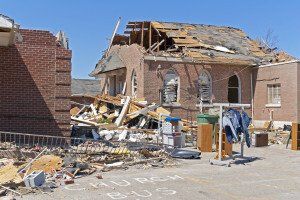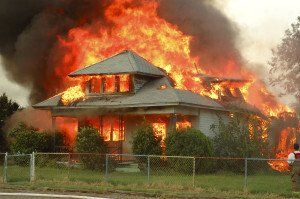Property Insurance Disputes – Policyholder
PROPERTY INSURANCE POLICYHOLDERS
When disaster strikes – be it a hailstorm, windstorm, hurricane, tornado, or fire, you expect your insurance company to be there to help you. It is crucial for policyholders to know that insurance companies have contractual and statutory obligations under common law and the Insurance Code to properly respond to, investigate, and adjust insurance claims. By law, filing a claim should not be an adversarial process. However, too often, insurance companies are happy to take policyholders’ premiums, and then turn around and find every reason to deny, delay, or underpay a property damage claim.
YOU DO NOT HAVE TO ACCEPT THESE LOWBALL OFFERS. Insurance companies continue to retain their huge profit margins by gambling with your policy premiums; gambling that you will take these offers and go away. When this happens, you need an attorney with a proven track record of navigating these waters, and making sure insurance companies do right by their clients. Texas and Oklahoma laws provide strong protections for policyholders in these situations. When insurance companies know our attorney is on your side, they will often work hard to resolve the claim, because they know we are prepared to prosecute the case all the way to a jury. Contact us today for a free consultation to find out how we can help you.
While your insurance company may make an initial determination about the validity of your claim and the amount to be paid out, their answer is not the final answer. Your insurance policy is a contract that makes you an equal party to your insurance company. Insurance companies have contractual and statutory obligations under common law and the Insurance Code to properly respond to, investigate, and adjust insurance claims. Along with those obligations, insurance companies are obligated to act in good faith when evaluating a claim. Many insurance companies engage in bad faith practices to attempt to reduce their claims and increase their profit margins. Some examples of bad faith practices include:
- Unnecessary and unexplained delays in claims processing
- Failure to acknowledge or reply promptly to claims
- Offering settlements worth substantially less than a reasonable person would believe was necessary to make the policyholder whole
- Entering into settlement agreements with third parties without the knowledge or consent of the policyholder
- Requesting burdensome documentation that is in excess of what is reasonably necessary to support a claim
- Making unsubstantiated claims of arson or other intentional acts by the policyholder that would invalidate a claim
Hail Claims
Texas has more hailstorms than any other state. Hailstorms can cause devastating damage to any buildings that lay in their path. Much of the damage will be obvious in the form of broken windows, torn screens, and dented roofing or siding. Other damage can be harder to spot — liked bruised roof shingles that will no longer perform as they should. This hidden damage can create larger problems down the road if it is not corrected. Following a hailstorm, it is essential to have your buildings inspected by a professional who is experienced in evaluating hail damage and to contact an attorney if their inspection does not match the insurance adjuster’s findings.
Wind Claims
While wind damage is commonly associated with hurricanes and tornadoes, any strong storm can suddenly create devastating winds or gusts without any forewarning. The damages will frequently match those of hurricanes or tornadoes: broken windows, torn roofs, trees falling onto buildings, and possible structural collapses. After a sudden weather event, it may be difficult to ascertain which insurance policy applies and exactly what damages are covered. What is clear is that a fully covered building should receive a full payout for all damages. If this does not happen soon after the storm, contact an experienced policyholder claims attorney.
Hurricane Claims
The power of hurricanes is often felt twice, with damage from both the powerful winds and torrential flooding. Hurricanes can result in extensive roof damage, collapsed buildings, or even homes being entirely washed away. Following a major storm, property owners will often face two hurdles. First, the flood insurance and hurricane insurance policy issuers will often battle it out over the cause of the property damage and who should bear responsibility. Second, the sheer amount of damage, number, and value of claims leaves many people victimized again while they are waiting on claims to be resolved. However, property owners should also take care not to resolve claims too quickly as a thorough inspection for possible hidden damage should be performed before any claim is settled.
Tornado Claims
Tornado damage can range from a few lost shingles to total devastation. Often, the difference could just be being one building over. In any tornado insurance claim, property owners should expect the insurance company to try to avoid paying the full value of the claim. Minor damage may attempted to be dismissed as normal wear and tear, or as not being proven to be caused by the tornado. Major damage may be undervalued, and the insurance company may fight paying the full replacement cost of a destroyed building. As with other major weather events, the insurance company may be looking at new claims and a heavy loss, and it may take additional steps to delay or undervalue claims.
Fire Claims
Fires typically involve both direct damage and indirect damage. Direct damage comes from the flames itself. Indirect damage comes from water from fire hoses or sprinkler systems, smoke entering heating, cooling, or ventilation systems, and electrical shortages. Insurance companies will frequently try to carve out certain damages as not covered by a policy. With few exceptions that must be expressly included in the policy, all losses created by a fire should be covered, whether they were directly caused by the flames or not. Unfortunately, many insurance companies significantly undervalue fire claims and even rely on a property owner’s short-term need for cash to try to force a lowball settlement.
CONTRACTORS, ROOFERS, AND PUBLIC ADJUSTERS
Are you losing business because insurance offers are too low and clients do not want to pay out of pocket? Are you forced to cut your margins again and again to try to get work, because insurance companies refuse to do right by their clients? Have a troubled claim, that insurance adjusters refuse to properly adjust? There are many other tools in the law other than appraisal that can be more effective to force insurance companies to do right by their clients. Contact our office today, and we can help your clients … consequently helping you get the work if you are a contractor, or settle the claim if you are a public adjuster.
The Houston Bar Association’s Disaster Preparedness Committee interviews policyholder litigation attorney Jesse Corona of The Corona Law Firm on how everyone can make sure their insurance policies are prepared for the upcoming Hurricane / storm season.



